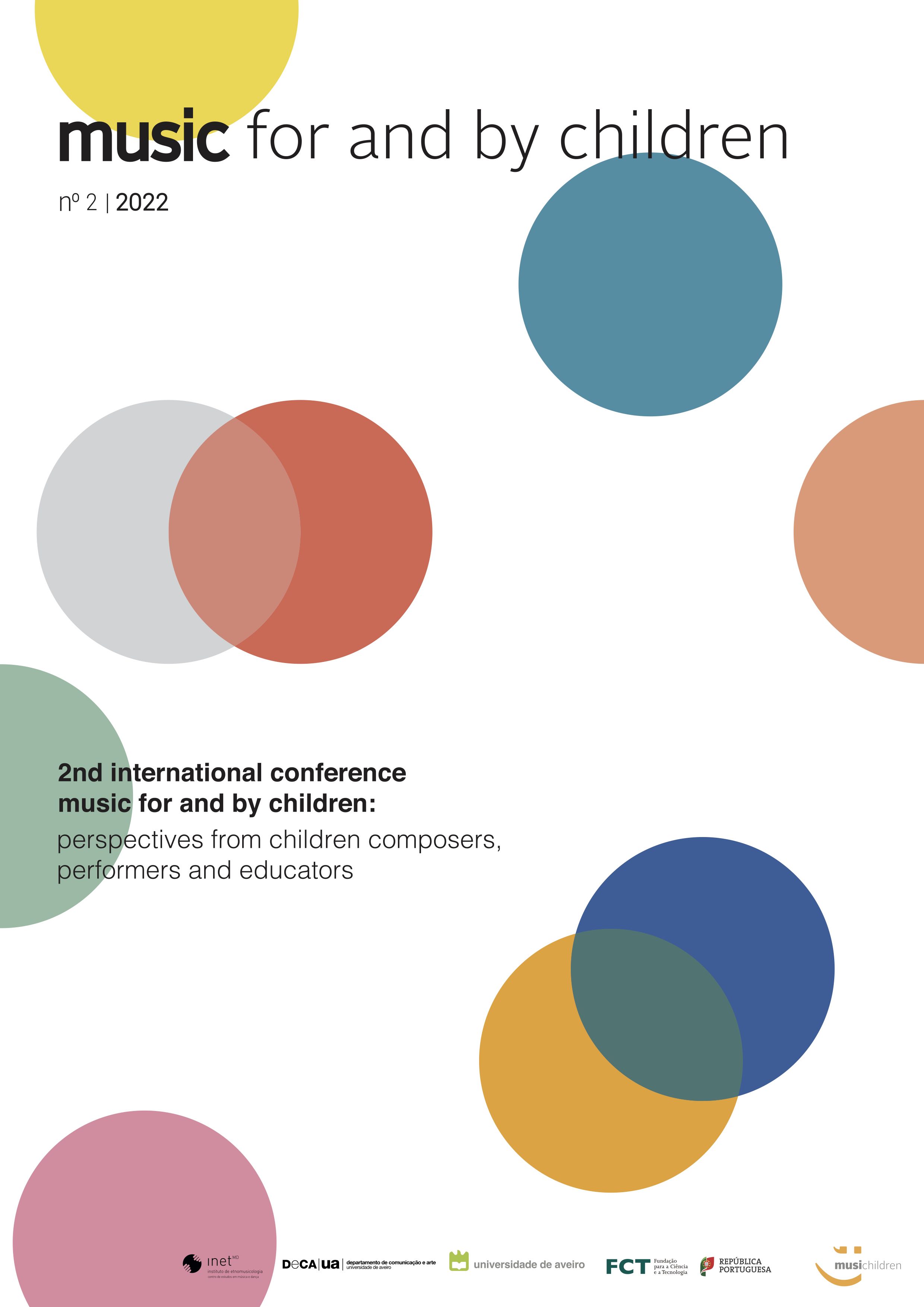How do children construct their understanding of creative music workshops? A discursive investigation into children’s talk through and after creative music workshops.
Abstract
Title: How do children construct their understanding of creative music workshops? A discursive investigation into children’s talk through and after creative music workshops.
Theoretical background or Context
Creative activity is associated with better mental health and wellbeing for those with additional support needs (ASN) as it can provide a positive coping strategy (Wilson &MacDonald 2019; All-Party Parliamentary Group on Arts, and Health and Wellbeing, 2018). However, rates of cultural participation are lower among children and young people with ASN than without (Scottish Government, 2019). Participation in music that has been personally devised or decided on is a powerful channel of creative expression that can radically change how disadvantaged individuals see themselves (Wilson & MacDonald, 2019) Key features of effective music interventions for those with ASN should have choice, interactivity, accessibility and creativity (Wilson & MacDonald, 2019)
This presentation reports on a pilot project between a researcher/practitioner and a Community Music organisation. The purpose of this collaboration was to develop and research cross-disciplinary workshops using collage, drama and music.
Aims
Research aims were to gather children’s views of workshops and investigate 1. Their experiences and what effects, if any, the workshops provided and 2. Processes of decision making through the workshops.
Methodology
Six 1-hour workshops were held over April and May 2022, with 6 children, (with and without ASN), aged between 10 and 13 years of age. Workshops included warm ups drawn from drama practices and circle songs; the main focus was to create an extended piece of music guided by children’s ideas. Collage was used to create a framework for the piece which included Gaelic song, instrumental sections and dramatic interludes.
Informed consent was obtained from parents for their child’s participation in workshops and research and children’s verbal assent was gathered before workshops focus groups and interviews. Workshops were audio recorded as well as interviews and a focus group after the workshop programme. Recordings were transcribed and analysed using Discourse Analysis (Potter, 2004). This approach was chosen to appreciate how conversation between children and practitioners mediated the process of experimentation and decision making in the workshops.
Results/Findings
Analysis from talk during workshops identified two consistent patterns of description when discussing the creative direction of the piece. These were categorised as 1. authenticity a repertoire which foregrounded children’s choice and opinions about which musical, dramatic and art expression to use and the children’s identity as Gaelic speakers and 2. Building a group focused on creating a larger group identity, the task to accommodate multiple ideas, musical choices, and finding out ‘what do we want to do’ and the importance of ‘becoming a band’.
Analysis from focus group and interviews demonstrated that children framed effects from workshop participation as good for yourself, demonstrated in consistent talk about feeling relaxed, happy, motivated to be creative and excited. They positioned workshops as wholesome alternative activity to being ‘on screens’.
Conclusions/Final considerations
Findings support earlier research about the importance of choice, interactivity, accessibility and creativity. Importantly this extends existing research into community music workshop processes by appreciating the perspectives of children. Repertoires of authenticity, building a group and good for yourself emphasise the importance of social processes and wellbeing for the children in this study.
References
Potter, J. (2004). Discourse analysis and discourse psychology. In Camic, P. M., Rhodes, J. E., Yardley, L. (Eds.), Camic, P.M., Qualitative research in psychology: Expanding perspectives in methodology and design (1st ed., pp. 73-95). Washington, DC: American Psychological Association.
Scottish Government. (2019) Scottish Household Survey 2018: Annual Report. Edinburgh.
Wilson, G. B., & MacDonald. R. A. R. (2019) The social impact of musical engagement for young adults with learning difficulties: a qualitative study. Frontiers in psychology 10. p1300.
Copyright (c) 2023 Music for and by children

This work is licensed under a Creative Commons Attribution 4.0 International License.





